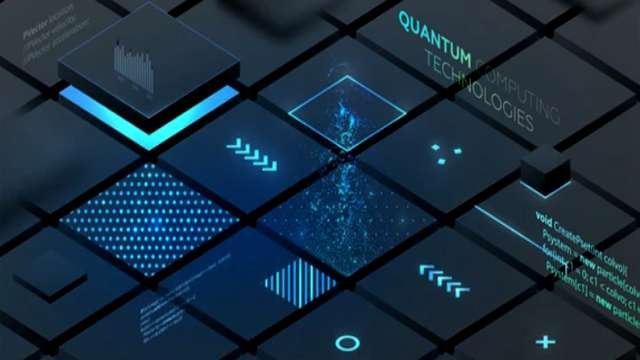European Quantum Flagship Launches PASQuanS2 Project with EUR16.6 Million ($18M USD) Funding to Find a Path for Simulating 10,000 Atom Systems – Quantum Computing Report
Skip to content
PASQuanS2 (Programmable Atomic Large-Scale Quantum Simulation) has the goal of building a quantum simulator capable of handling simulations of up to 10,000 atoms. It is a follow-on to the previous European Flagship program PASQuanS which initially explored the concept of quantum simulation with smaller arrays. Although a quantum simulator is not as general purpose as a full-fledged programmable quantum processor, it can be very effective for solving certain computation problems beyond the capability of a classical processor, particularly for problems involving quantum chemistry.
The project will be led by the German Max Planck Institute of Quantum Optics and this next phase will last 3.5 years (April 2023 – September 2026). It will include 25 academic and technology partners from Austria, France, Germany, Italy, Slovenia and Spain. The goal of phase, also called PASQuanS2.1 will be to develop the hardware and software needed to support simulation of up to 2,000 atoms with a roadmap to extend the technology further. It is expected that this phase will have a follow-on program, PASQuanS2.2, for another 3.5 years to develop a system capable of the 10,000 atoms.
Additional information about the program is available on its new website here. A listing of the 25 partners in the program and their countries is shown below:
Austriao Alpine Quantum Technologies GmbHo ?sterreichische Akademie der Wissenschafteno Parity Quantum Computing GmbHo Universit?t Innsbruck
Franceo Atos BULLo Azur Light Systemso Centre National de la Recherche Scientifiqueo Electricit? de Franceo Institut d?Optique Th?orique et Appliqu?eo Exailo PASQAL
Germanyo Eberhard-Karls-Universit?t T?bingeno EURICE – European Research and Project Office GmbHo Forschungszentrum J?lich GmbHo Freie Universit?t Berlino Ludwig-Maximilians-Universit?t M?ncheno Max-Planck-Institut f?r Quantenoptiko Menlo Systems GmbHo Qruise GmbHo Ruprecht-Karls-Universit?t Heidelbergo TOPTICA Photonics AG
Italyo Consiglio Nazionale delle Ricercheo Universit? degli Studi di Padova
Sloveniao Univerza v Ljubljani
Spaino Fundacio Institut de Ciencies Fotoniques
April 3, 2023
2023-04-03T12:23:01-07:00
Post Disclaimer
The information provided in our posts or blogs are for educational and informative purposes only. We do not guarantee the accuracy, completeness or suitability of the information. We do not provide financial or investment advice. Readers should always seek professional advice before making any financial or investment decisions based on the information provided in our content. We will not be held responsible for any losses, damages or consequences that may arise from relying on the information provided in our content.



